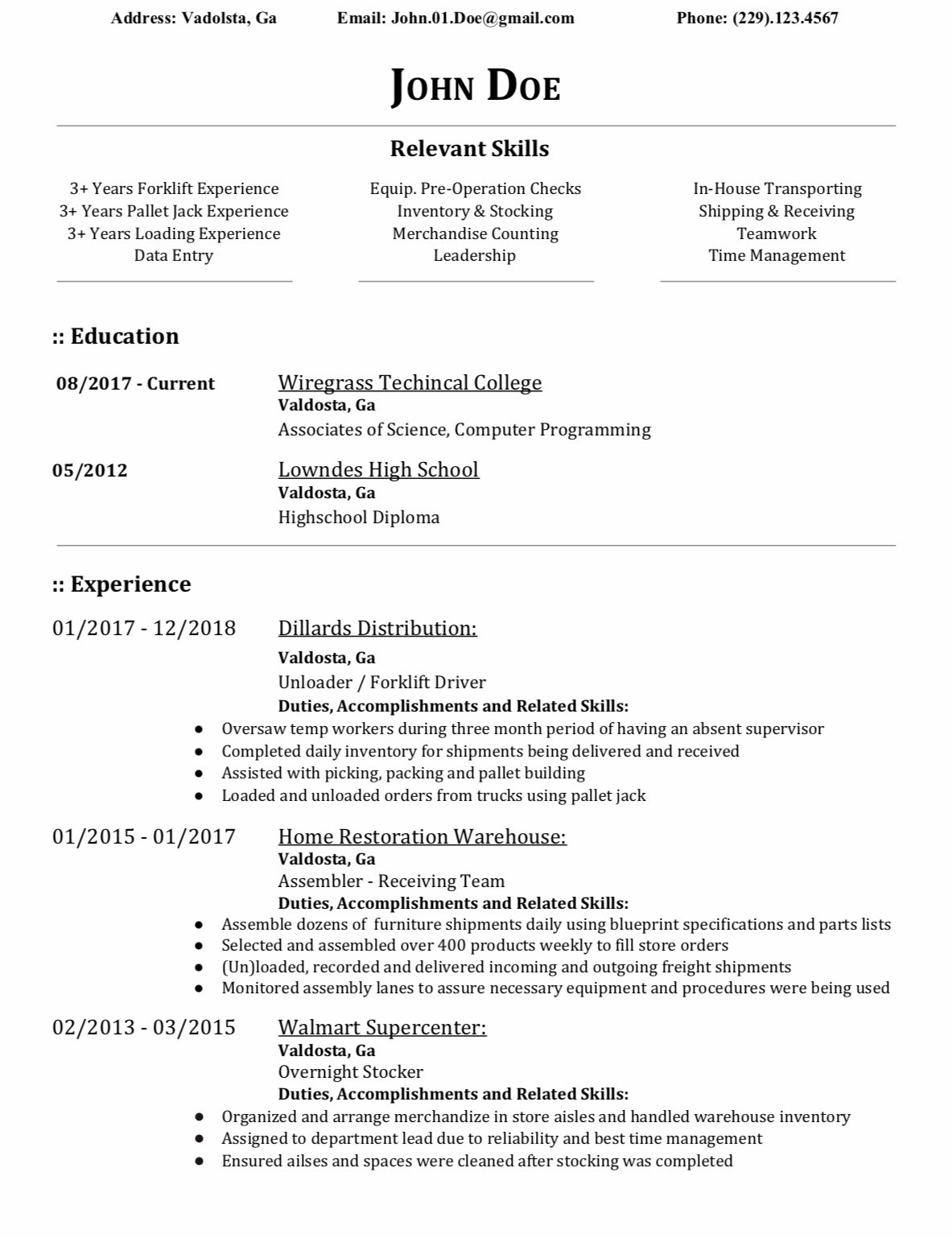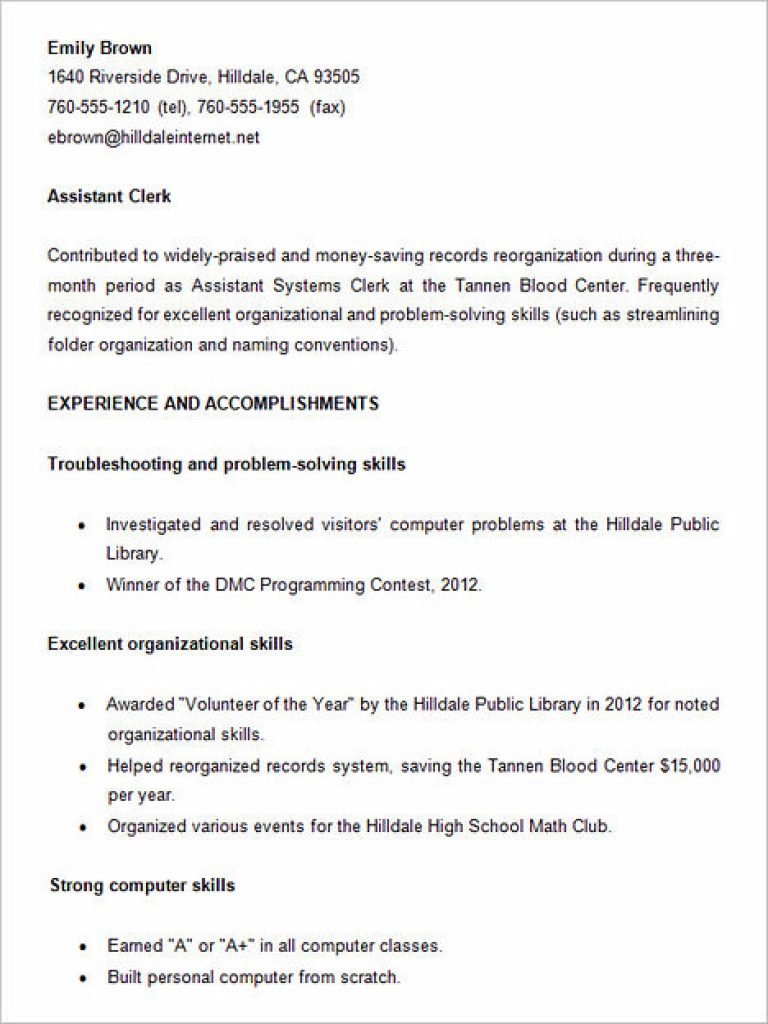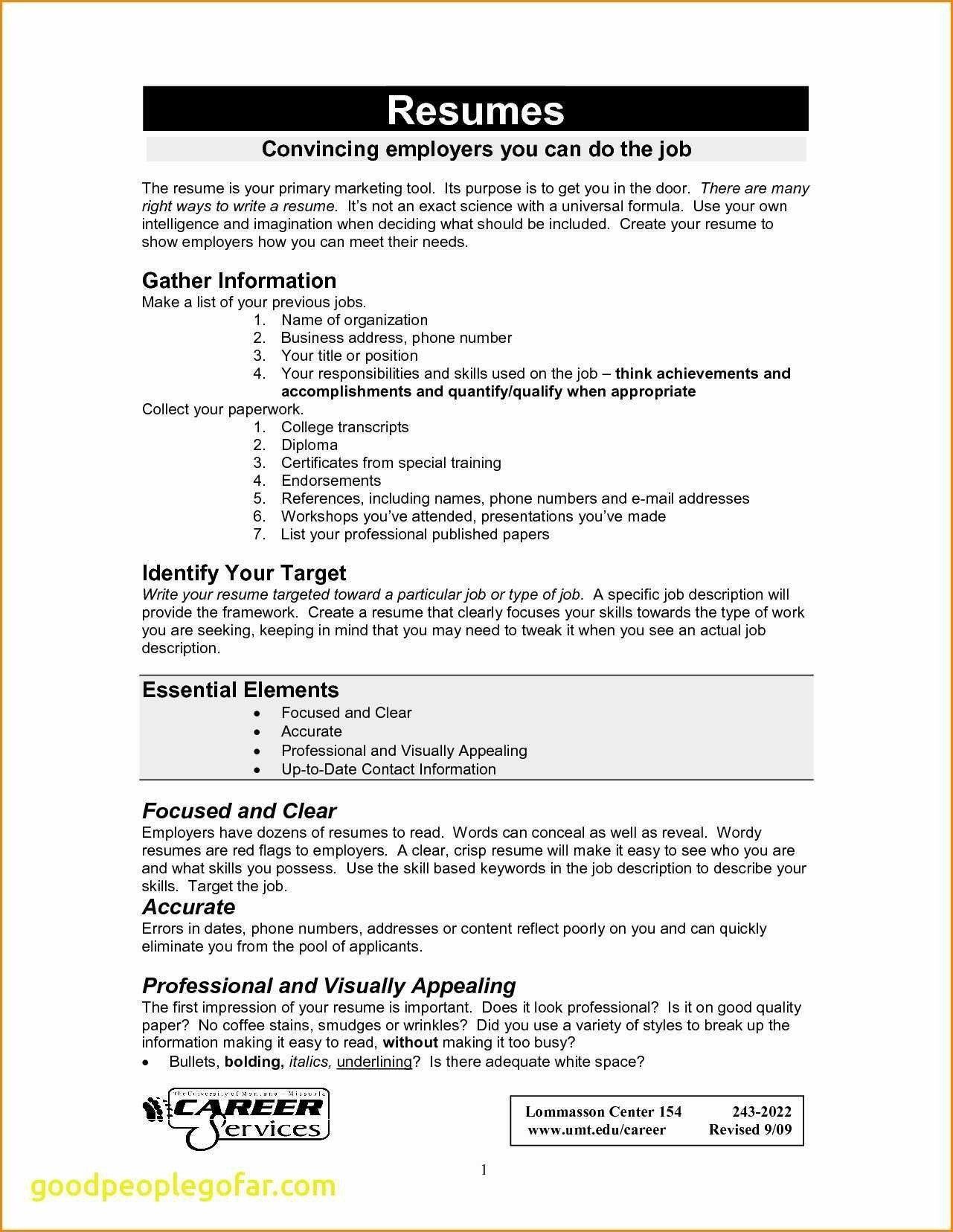Examples From Your Career Story
Memorizing every possible answer to every possible interview question and behavioral question that might come your way could drive you full-on nuts, and it may also put you at risk for coming across as robotic and disconnected.
Instead, consider thinking about how youd weave examples from your career story around common questions like, Tell me about a time when you disappointed a client, Whats your greatest weakness?, or Describe a stressful situation you had with a colleague, and how you handled it.
You might even jot a few notes down in that notepad you brought along to refer to later. Youre heading into that interview with the expectation that it will be a genuine, engaging conversation. Its mighty hard to pull this off if youre madly searching your recall for the perfectly memorized response for every question.
Directions And Contact Info
Odds are, you wouldn’t leave the house without it anyway, but make sure to bring your phone with you so you can enter the directions to your interview location, especially if youâve never been there before. If you don’t have a smartphone capable of GPS navigation, print out directions. The worst thing you can do is get lost, which will make you late, which will likely prevent you from moving forward in the interview process. On your phone’s notepad app, or on the directions you’ve printed out, write out the name and contact information of your interviewer. This way, if something does go wrong on your way to the interview, you can let them know. This will also help ensure that you don’t forget your interviewer’s name â a major faux pas.
Focus On Your Related Experience
Start by highlighting the most compelling elements of your experience first. You don’t need to share everything you have done at each job, describe every class you took, or go through every bullet point on your resume. Remember, the interviewer is likely holding a copy of your resume during the interview and will have a broad sense of the facts around each job, such as your job title, the company name, and the basics of your role.
You May Like: General Motors Corvette Assembly Plant Tours
How To Answer Job Interview Questions About Your Resume
Interviewers frequently start a job interview by asking you to provide an overview of your employment experience. This will often take the form of a request such as “Can you walk me through your resume?” or Please tell me about your work experience.
Whats the best way to discuss your resume during a job interview? Here are options for answering questions about your resume, and what to share with prospective employers.
You Don’t Have To Cover Everything On Your Resume

Feel free to leave out jobs that are not relevant or impressive, and its fine to deviate from a chronological presentation.
At the end of your presentation, the interviewer should have a clear understanding of five to seven assets in your background that will enable you to perform at a high level in the job for which youre interviewing.
You May Like: Google Drive Skills On Resume
Prepare Answers To Unexpected Questions
Review the most commonly asked job interview questions and take a few minutes to consider what your interviewer might ask. Your interviewer may ask questions that are specific to your work history or ask for clarification for items you put on your resume. For example, if you included information on your resume that indicated that you were proficient in a foreign language, your interviewer might test you and ask you a question in that language. Be prepared to defend your resume and give your interviewer interesting information they might not already know.
What Not To Bring Or Do
Doing the following will likely ruin your chances of getting the job:
- Dont carry in your morning coffee or protein shake.
- Dont bring your parent or anyone else with you.
- Dont arrive talking on a cell phone or texting. Turn off your phone before you enter the building and store it in a handbag or briefcase.
- Dont wear a hat or cap leave it at home.
- Dont chew gum or suck candy.
- Dont overwhelm the interviewer with your piercings or tattoos. If you have a lot of piercings or earrings, remove them, so they arent a distraction. One pair of earrings, such as small studs or hoops, is acceptable. Do your best to cover your tattoos.
- Dont wear strong perfume or cologne you never know if someone is allergic in the office.
- Dont wear leisure clothes such as jeans, workout wear, sneakers, or flip flops. Wear a pants or dress suit and close-toed shoes.
- Dont appear with messy, unwashed hair. Make sure your hair is clean and off of your face.
Also Check: Languages Skills Resume
Things You Should Bring To An Interview
Weve talked in the past about what you should wear to an interview, but weve never really discussed in detail about what you should bring with you to an interview and the effects that those little details have on the interview process.
4 Things You Should Always Bring with You to an Interview
4 Things You Shouldnt Bring to an Interview
Directions And Contact Information
If you have any doubt about whether you know how to get to the interview, print out directions. You don’t want to get lost, because getting lost could make you late, and being late could cost you the job. On the top of the directions, write down the name and contact information of the person you’re interviewing with. You want to be sure you can get in touch with them should anything go wrong.
Recommended Reading: What To Write In Body Of Email When Sending Resume
Whats More Important Resume Or Interview
resumeinterviewresume
is it important to bring a resume to an interview?
Sure, you emailed your resume to the hiring managerthats why youre at this interview right now. You should always bring two to three copies of your resume so the person youre meeting can have it in front of him throughout your conversation.
is resume or cover letter more important?cover letterimportantresumecover letterresume
Contents
Keep It Concise And Don’t Ramble
Aim to speak for a few minutes when youre responding to this question, but dont talk for so long that your answer becomes tedious. Avoid rambling or delving into too many details, and try to tell a coherent story in your response. The best way to accomplish this is to take some time to get ready ahead of time. Have examples and stories ready to share with prospective employers.
Recommended Reading: How To List Multiple Positions At Same Company On Resume
Lists Of Your References
Your interviewer might ask you for references, so bring copies of your list. Appropriate references can be co-workers, teachers, community leaders, managers and anyone who has worked with you in an academic, professional or nonprofit setting. Also, remember that you should ask your references before creating the list because you will need to include their contact information.
You May Like: How To Write Volunteer In Resume
Did You Bring Your Resume

There are some interview questions that tip the scales between tough to answer and impossible to answer. There are some questions that are so hard, that as soon as you are asked the question, you know you dont have the job. There are some questions that merely hearing the sentence can cause you to hyperventilate. There are some questions that are so unthinkably unanswerable, you may as well walk out of the room without so much as a goodbye.
This is not one of them.
The reason we are bringing up this question is because of some common hiring manager advice on what you should do with your resume when you bring it to the employer. Rather than hand it out right away, you should wait until prompted. They may already have a copy of your resume on hand, and you do not want to force extra paperwork in their face that they dont need. So if you are asked if you brought your resume, do not hand it out. Ask them if they want a copy, and if they would like any additional copies for other staff.
You May Like: Good Wpm For Resume
Don’t Miss: How To Insert A Line In Word For Resume
Things You Should Always Bring With You To An Interview
Interviewing Job Search Resume Writing
The current state of the economy and the job market has made it almost impossible to find a job. If you want to be one of the chosen to land an interview, you must be at the top of your game. No longer is it enough to simply appear at an interview dressed in a suit and armed with a positive attitude. Todays candidates must be thoroughly prepared for each interview they attend. An important component of that preparation is knowing the ten things you should always bring with you to an interview.
Focus On Your Accomplishments And Skills
Rather than a simple rendition of your position, titles, and responsibilities, cite your key accomplishments and reference the skills that enabled you to achieve those successes. Be sure to mention how you impacted the bottom line in those roles, and how you added value to your employer.
Did you help the company save money or work on a team that finished a major project? Be ready to explain these achievements in a succinct but interesting manner. Try to present your points in the form of stories that portray problems you solved and challenges you met.
This part of the job interview is also a great opportunity to explain job movement as it relates to your career.
For instance, you might say, Working at ABC Company taught me a great deal about product marketing, but I ultimately made the move to XYZ Company because it offered me the opportunity to manage a team. Working in this kind of leadership and team-building environment is a real priority for me.
Also Check: How To Use Resume Template In Word 2010
Recommended Reading: Corvette Assembly Plant Tours
Things To Bring To Every Job Interview
When youâre preparing for a job interview, many things go through your mind. Most of them involve what you need to say and the questions youâll need to answer. But don’t forget â there are also a handful of physical items you’ll want to bring along. Wondering what to bring to an interview? Use this as your checklist:
Q: Is It Alright To Bring Notes With Me To A Job Interview
Is it acceptable to bring notes into an interview? Mike S.
Yes and no. It is 100 percent acceptable to bring notes to a job interview if those notes contain a list of questions you’ve prepared in advance to ask your interviewers. In fact, bringing this type of information to an interview demonstrates to the recruiter your genuine interest in the job opportunity. Also, if you’ve done some research on the organization, I don’t think it’s wrong to have that information on hand, in case you’d like to reference it during your discussion.
However, it is not a good idea to bring notes on how you plan to respond to certain interview questions. For instance, if you’ve prepared short stories using the STAR method in anticipation of a behavioral-based interview, you can’t bring your talking points with you. The same goes for any bullets you may have brainstormed to answer the interview questions that make you nervous, such as Tell me about yourself or Why were you fired from your last job? while it’s perfectly acceptable to write out talking points when you’re practicing for an interview, it is not appropriate to bring those notes to the actual interview.
Want to feel more confident during your next interview? Let TopInterview help.
Recommended Reading: How Many References To Put On A Resume
What Should I Put My Resume In When Going On Interviews
Its crucial to come to an interview well prepared. Of course, that means preparing answers to predictable questions, and dressing so that you look the part. But preparation also means bringing the correct documentation. Youll instantly come across as a professional if you bring additional copies of your resume and recommendation letters.
Things You Should Never Bring To Interview
An interview is the chance to make that important first impression on a companys representative, so you should be well-prepared. Youve probably did a research on the company, chose the perfect interview outfit, and grabbed the handbag with a hard copy of your resume By the way, what else do you bring with you to an interview?
However superficial this question may sound, its more important than it seems. Moreover, there is uncustomary little information out there on what one should never bring for an interview. Im absolutely sure you know of the necessity to arrive early, to control your body language and to bring your professionally written resume on paper. However, bringing on the wrong things can destroy your professional image faster than you think.
So, lets have a look at what shouldnt be with you as you enter the organization for an interview:
Don’t Miss: Resume Multiple Positions One Company
How To Present A Resume In An Interview
This article was co-authored by Colleen Campbell, PhD, PCC. Dr. Colleen Campbell is the Founder and CEO of The Ignite Your Potential Centers, Career and Life Coaching based in the San Francisco Bay Area and Los Angeles. Colleen is an International Coach Federation accredited Professional Certified Coach . Colleen received her MA and PhD in Clinical Psychology from Sofia University and has been career coaching since 2008. This article has been viewed 51,486 times.
The interview is one of the most important parts of the process of finding a job. Notably, its also a great opportunity to present your resume in a way that will make you stand out as an applicant and will emphasize the strongest aspects of your career experience. By following simple formatting techniques and assembling your resume in a professional way, you can make sure your resume is presented in a way that makes you a strong contender for the job youre applying for.
Be Sure To Get Your Facts Straight

It’s important to be accurate when you’re recounting your work history. Forgetting about when and where you worked at any given time may not seem like something that might happen. But when you’re stressed about interviewing, it can be easy to forget the exact details of your employment history.
Review your resume before you go in for your interview. Its also a good idea to bring a copy of your resume with you to the interview. If youre not sure about what your interviewer needs to know, heres information on sharing your work history during job interviews.
Read Also: How To Upload Resume Online
Should You Bring A Cover Letter To An Interview
Yes, you should bring a cover letter to an interview. A cover letter is a great addition to your resume, and most employers expect you to have one. If you plan on bringing a hard copy of your resume to the interview you should also bring a copy of your cover letter.
A cover letter gives you the opportunity to introduce yourself to the employer, as well as provide information not listed on your resume. Additionally, while the hiring manager has likely already reviewed both your resume and cover letter, there may be personnel at the interview that have not. Bring a couple copies of your resume and cover letter as a backup.